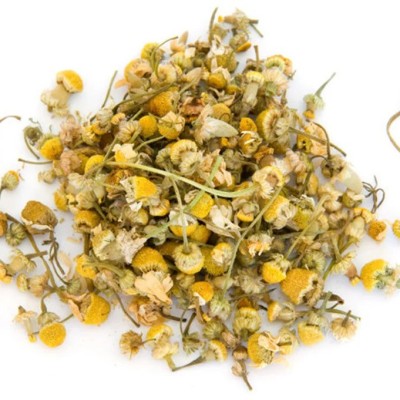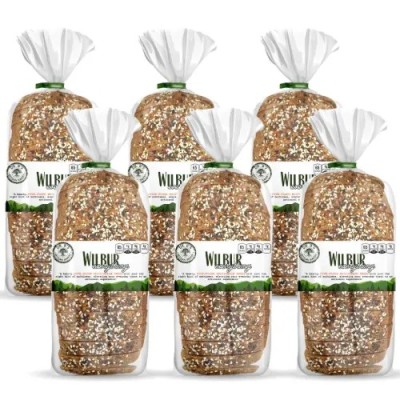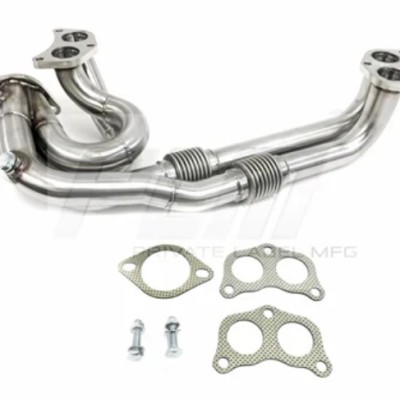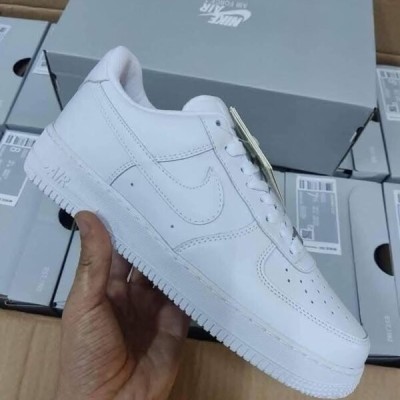BIS Scheme X Certification for Rubber and Plastics Machinery
The rubber and plastics machinery sector is crucial to industries as diverse as automotive, packaging, construction, consumer goods and medical products. These machines, being injection molding machines, extruders, mixers, and calendaring machines help ensure efficiency and precision in the manufacturing process.
To ensure the quality, safety, and reliability, the Bureau of Indian Standards (BIS) has made BIS Certification for Rubber and Plastics Machinery mandatory under an implementation of Scheme X. Effective from 1st September 2026 Scheme X Certification mandates that Indian and foreign manufacturers must adhere to Indian Standards before selling or importing their machinery in India.
Let’s understand about BIS Scheme X Certification for Rubber and Plastics Machinery, the 2024 OTR for Rubber and Plastics Machinery as well as details on how equipment manufacturers can become certified.
Importance of BIS for Rubber and Plastics Machinery
The Rubber and Plastics Machinery is widely used in:
● Automotive components manufacturing (tire, hose, seal, dashboard)
● Plastic packaging and consumer products
● Medical supplies and pharmaceutical packaging
● Construction and infrastructure building materials
● Electrical and electronic components
Absence of BIS for Rubber and Plastics Machinery, industries may face:
● Operating inefficiencies and frequent failures
● Safety hazards for operators and end-users
● Low-quality product yield
● Disqualification for government tenders or big projects
BIS Scheme X certification for Rubber and Plastics Machinery ensures that machines are in compliance to stringent Indian Standards, making machines safer, more durable and market ready.
What is BIS Scheme X for Rubber and Plastics Machinery?
BIS Scheme X Certification for Rubber and Plastics Machinery In India comes under the BIS Conformity Assessment Regulations, 2018. It establishes performance and safety criteria for rubber and plastics processing machinery.
Key Features of Scheme X Certification:
● Compulsory for Indian and foreign manufacturers
● Coves a broad range of rubber and plastics machinery as per notified IS codes
● Requires testing of products, audits of manufacturing processes and continuing surveillance.
● Use of the BIS standard mark when it is certified.
This certificate guarantees machine safety, energy efficiency and a reliable production for both industry and end-users.
Rubber and Plastics Machinery OTR
The Ministry of Heavy Industries launched the Omnibus Technical Regulation for Rubber & Plastics Machinery (OTR) 2024. The deadline by which all manufacturers and importers need to be certified is 1st September 2026. After this date, unapproved machines cannot be made, imported or vended in India.
Benefits of BIS Certification for Rubber machinery and Plastics Machinery
● Quality Assurance: Complies with Indian Standards on performance and durability.
● Market Competitiveness: A certified product is prioritized for both public and private sector procurement.
● Customer Trust: There is greater trust of the buyers when they buy machines with BIS Certification for Rubber and Plastics Machinery.
● Legal Compliance: You will not be subject to penalties or restrictions after complying with the OTR for Rubber and Plastics Machinery.
● Global Advantage: International OEMs with certification find the path to the Indian market easier.
Rubber and Plastic Machinery covered under Scheme X
The Scheme X certification for Rubber and Plastics Machinery covers a wide range of equipment, including:
● Machines for molding by injecting.
● Attribution of extruders and blow forming machines
● Rubber mixing mills & internal mixers
● Calendaring machines
● Presses for Compression Molding
● Recycling and granulating machine
Each category shall conform to the applicable Indian Standards (IS Codes) like IS/ISO 20430: 2020 (Plastics and Rubber Machines-Injection Moulding Machines- Safety Requirements). Every machine type has to meet the applicable Indian Standards in terms of safety, performance, and reliability.
Process for BIS Certification for Rubber and Plastics Machinery
● Identify Applicable Standards: Choose IS codes pertinent to the type of machinery.
● Product Testing: Test in a BIS-approved laboratory.
● Factory Audit: BIS inspectors check the manufacturing and quality system for compliance.
● Documentation Submission: Provide technical standards, test reports and quality manuals.
● Certification Approval: BIS grants certification, allowing use of standard marks by manufacturers.
● Ongoing Surveillance: Scheduled reviews and re-testing maintains continual compliance.
Penalties for Non-Compliance
Non-compliance with BIS Requirement of Rubber and Plastics Machinery in the OTR for Rubber and Plastics Machinery entails that :
● No sales/imports of non-certified equipment
● Severe fines or product seizures
● Debarment from public procurement and tenders
● Damage to reputation in the profession
Conclusion
The addition of the BIS Scheme X Certification for Rubber and Plastics Machinery to the OTR for Rubber and Plastics Machinery (2024) is a significant move to ensure conformity to quality and safety of machines.
For manufacturers and importers, achieving certification isn’t only about regulatory compliance – it’s a strategic investment to build brand reputation, ensure reliability, and access to India’s fast-growing market.
For more details visit :- https://bis-certifications.com..../bis-scheme-x-certif
پسند
تبصرہ
بانٹیں





